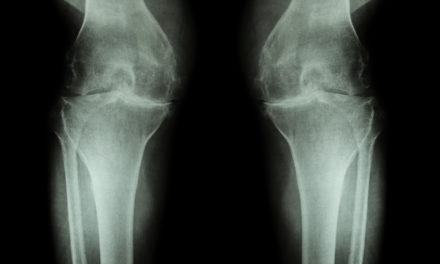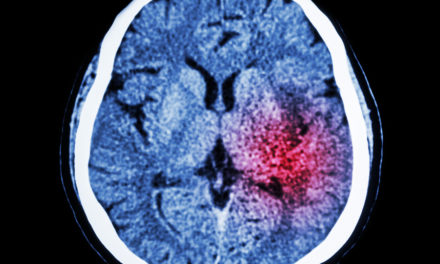Berberine, the primary alkaloid found in barberry, is known to have anti-microbial and anti-inflammatory properties. Recent studies has shown that it may have potential as an anticancer agent. Research appearing in Biomedical Research International (2014;2014:924585. doi: 10.1155/2014/924585. Epub 2014 Jun 18) found that synthetic berberine derivatives killed human colon cancer cells in vitro.
Two other studies found that the synthetic derivative from berberine was effective at killing breast cancer cells in vitro. One was published in ACTA Biochimica et Biophysica Sinica (2015 Oct;47(10):824-33. doi: 10.1093/abbs/gmv077. Epub 2015 Sep 3) 2013 The other was published in Biofactors (Nov-Dec;39(6):672-9. doi: 10.1002/biof.1131. Epub 2013 Sep 2).
An animal study, published in Carcinogenesis (2015 Oct;36(10):1169-79. doi: 10.1093/carcin/bgv103. Epub 2015 Jul 13). Transgenic mice (bred to develop breast cancer) were treated with berberine. Repeated injections of a synthetic berberine derivative delayed the development of tumors, reducing both the number and size of tumor masses. The efficacy of the extract is due to its effect on the blood supply of tumors.






